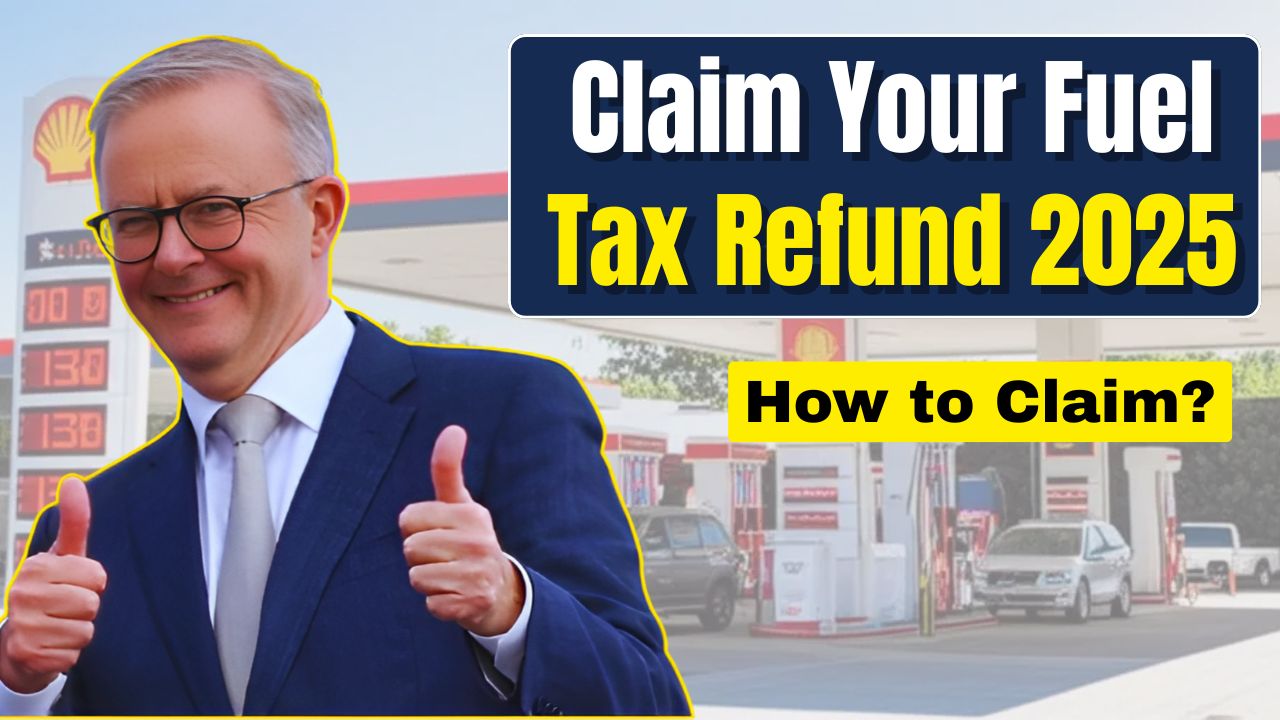Under a major policy update for the year 2025, the government of Australia has upgraded the Fuel Tax Credit scheme for targeted relief for regional drivers as part of broader measures to deal with the rising cost of living, especially in places where transport is an essential commodity and often unavoidable due to long distances and very limited public transport.
What the Refund Covers
This scheme generally permits regional drivers, mainly those in agriculture, construction, and freight transport, to recover some of the amount paid as fuel tax on the diesel and other eligible fuels. In 2025, the government has modified the claim process and the rates to current fuel price levels, creating a better platform for rural drivers who need financial help.
Qualifications for 2025
To be eligible for the refund, the applicant must be using fuel in off-road business activities or in eligible heavy vehicles that allow for the refund. The commercial operations continue to be mainly covered, but the update for 2025 has widened access for some small business owners and primary producers. The scheme is still limited to holders of an ABN, and the documentation for all fuel use must meet the criteria.
When and How to Claim
Applications can be filed quarterly and annually to the Australian Taxation Office, with digital lodgement simplified via MyGov or via your own business accounting software. Refund amounts also differ based on fuel use, vehicle or equipment type, and whether the activities qualify under the updated scheme. The 2025 refund rates reflect changes in fuel excise, with eligible businesses anticipated to acquire several thousand dollars annually.
Policy Rationale for the Update
Expanding the scheme for the Fuel Tax Refund ties into the government’s agenda for rural development and its promise to support regional communities. Transportation being the life-blood of such areas, reducing fuel costs would therefore provide a practical solution for maintaining agricultural viability, reducing overheads for small businesses, and promoting economic resilience in bush areas.


